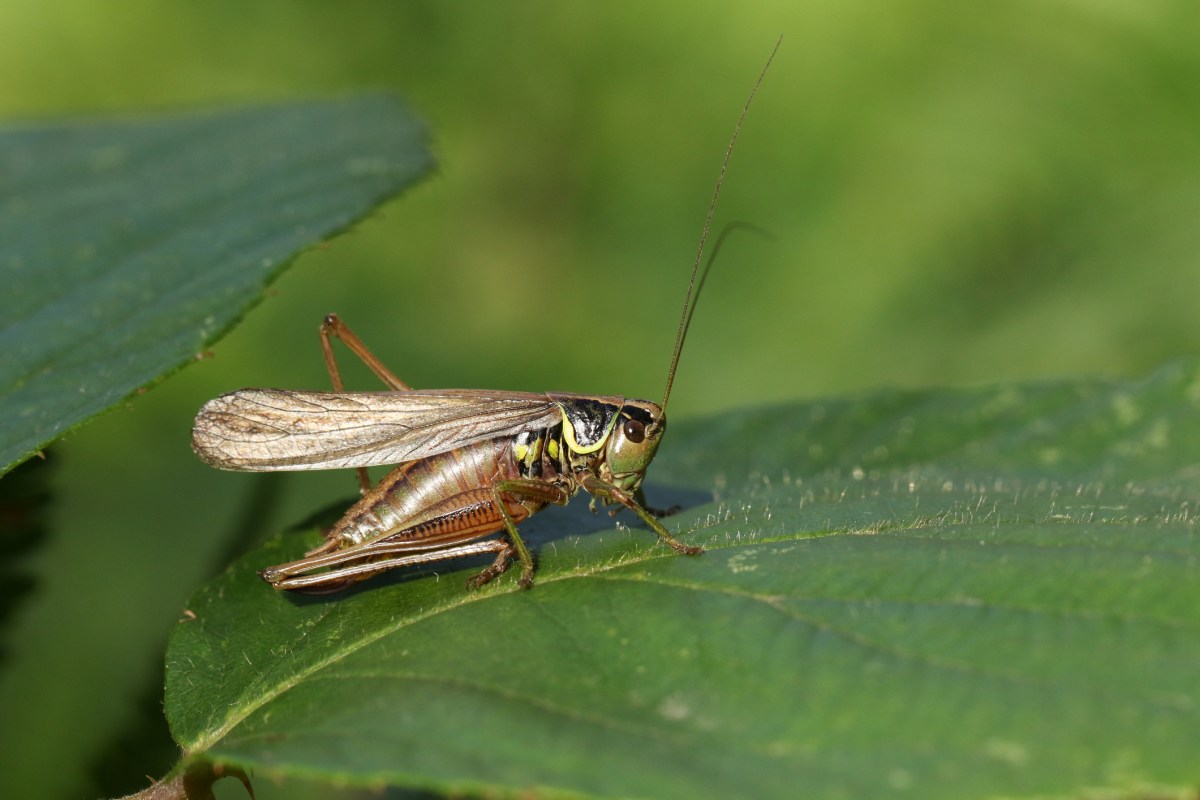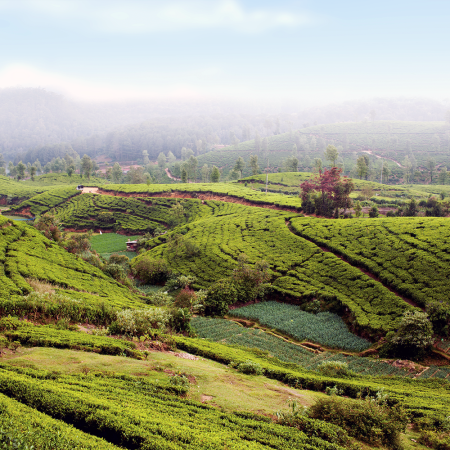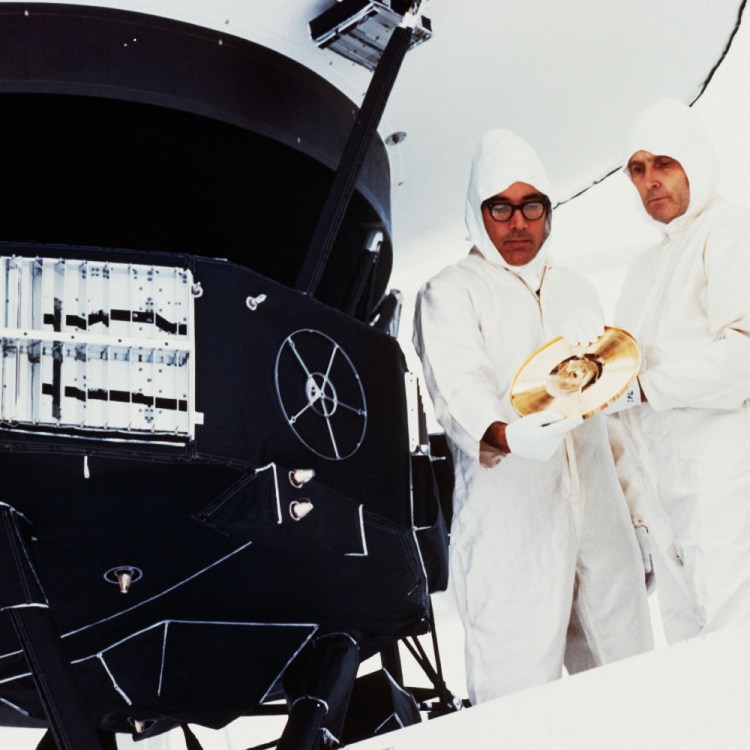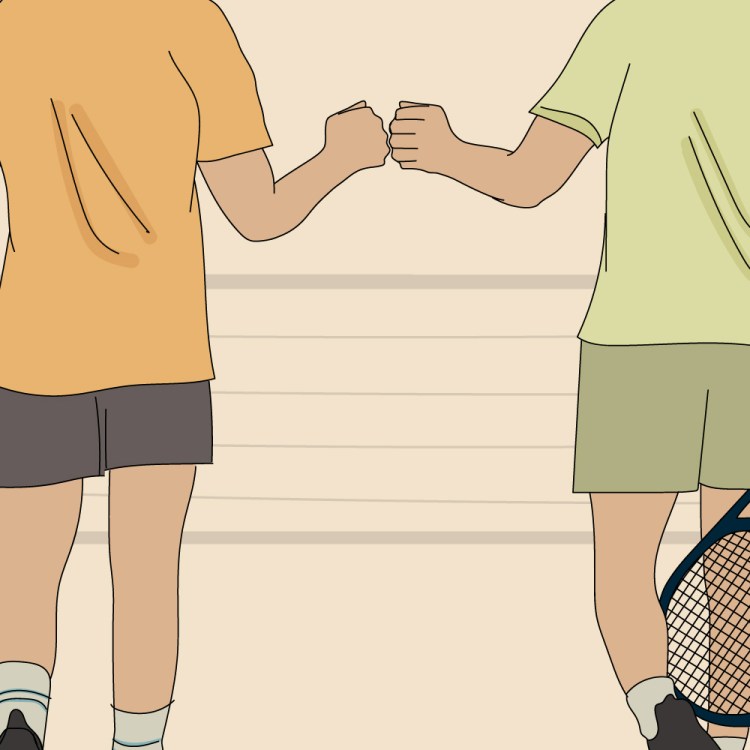Insect rates are declining so quickly across the world, thanks to pesticides and other chemicals, that scientists are predicting a potentially “catastrophic” effect on the planet.
More than 40% of insect species could become extinct in the next few decades, according to the newly published study titled, “Worldwide decline of the entomofauna: A review of its drivers,” CNN reported.
The total volume of insects in the world is decreasing by 2.5% a year, a rate that indicates widespread extinctions within a century, the report found.
Currently, 40% of Earth’s insects are at risk of dying out while another third are considered endangered, according to CNN. As bugs make up around 70% of all animal species, these numbers could largely contribute to the collapse of the planet’s ecosystems, which would yield a devastating impact on life on Earth.
The repercussions of insect extinction would be “catastrophic to say the least,” according to the report, as insects have been at “the structural and functional base of many of the world’s ecosystems since their rise … almost 400 million years ago.”
The new report looked at dozens of existing studies on insect decline published over the past three decades, and examined the reasons behind the falling numbers.
Key causes of the decline included “habitat loss and conversion to intensive agriculture and urbanization,” pollution, particularly from pesticides and fertilizers, as well as biological factors, such as “pathogens and introduced species” and climate change.
“(Insects are) the small creatures that run the world,” entomologist and retired Commonwealth Scientific and Industrial Research Organization scientist, Don Sands, said. “If we don’t have insects as moderators of other pest populations, we have insect populations that flare up and ruin crops and make them difficult to grow. [Ecosystems have] to be in balance. That’s the bottom layer and unless we address it all our lives could be impacted immeasurably.”
Thanks for reading InsideHook. Sign up for our daily newsletter and be in the know.


















